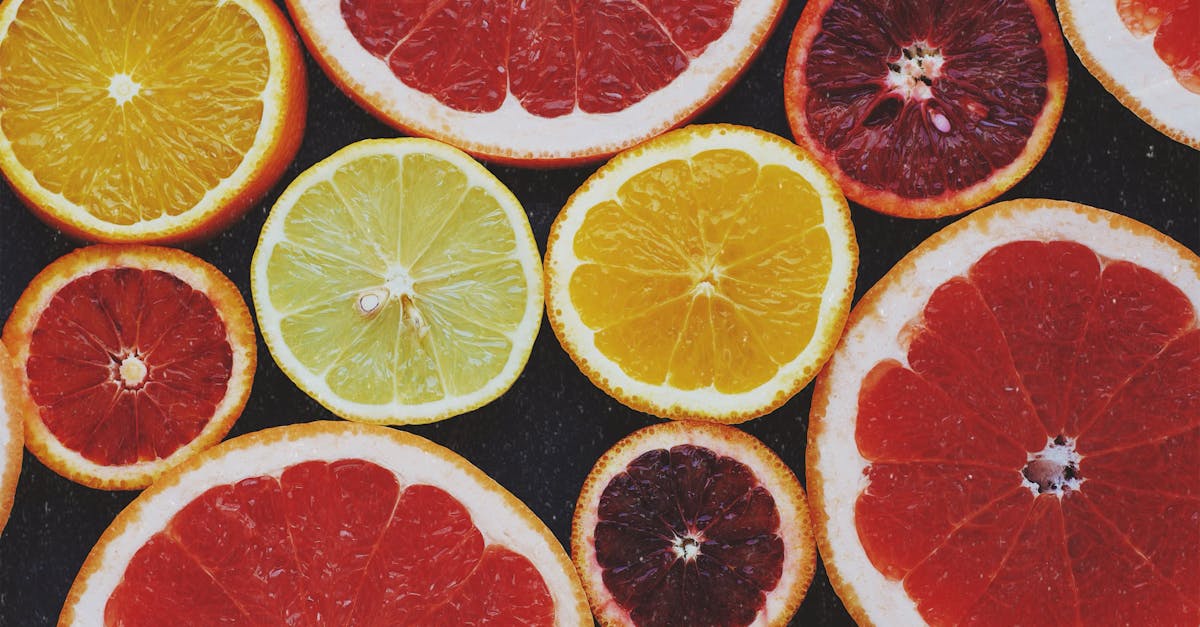Making orange juice at home is not only simple but also incredibly rewarding. Freshly squeezed orange juice is packed with vitamins and tastes far superior to store-bought alternatives. This guide will walk you through everything you need to know to make the perfect glass of orange juice in the comfort of your kitchen.
| Item | Description |
|---|---|
| Fresh Oranges | Choose ripe and juicy oranges for the best flavor. |
| Juicer | A manual or electric juicer helps extract juice efficiently. |
| Knife | Used for cutting the oranges in half. |
| Glass | A container to collect the freshly squeezed juice. |
| Strainer | Optional, for removing pulp if desired. |
| Ice (Optional) | Add ice for a chilled beverage, especially on hot days. |
| Sweetener (Optional) | Honey or sugar can enhance sweetness if needed. |
Fresh Oranges
Choosing the right oranges is critical for making delicious juice. Look for oranges that are firm, heavy for their size, and have a vibrant color. Varieties like Valencia and Navel are particularly popular for juicing due to their sweetness and juiciness. Avoid any with blemishes or soft spots as these may indicate overripeness or spoilage.

Juicer
A good juicer is essential for extracting juice from the oranges. You can choose between manual juicers, which require you to apply pressure, or electric juicers that do the work for you. Manual juicers are often less expensive and easier to clean, while electric juicers can save time and effort if you plan to make larger quantities of juice.

Knife
A sharp knife is necessary for cutting the oranges in half. This is a simple step, but it is important to be careful and precise to ensure you can extract the maximum amount of juice. Make sure your knife is clean and sharp for the best results.

Glass
Select a clean glass to collect your freshly squeezed juice. You can use any type of glass, but consider using a larger glass if you plan to make a significant amount. This way, you won’t have to stop to empty it midway through juicing.

Strainer
<pUsing a strainer is optional, but it can help you achieve a smoother juice if you prefer to avoid pulp. Simply pour the juice through the strainer into your glass, and it will catch any pulp or seeds. This step is especially useful if you are making juice for guests who may have different texture preferences.
Ice (Optional)
If you enjoy your juice cold, adding ice is a great option. This is particularly refreshing on a hot day. You can add ice to your glass before or after pouring in the juice, depending on your preference. Just be mindful that ice can dilute the juice over time.

Sweetener (Optional)
While fresh oranges are naturally sweet, you may want to enhance the flavor with a sweetener, especially if your oranges are a bit tart. Honey, agave syrup, or sugar can all be good options. Start with a small amount, taste, and adjust as necessary to suit your palate.

FAQ
Can I use any type of orange for juice?
Yes, while you can use any type of orange, some varieties are better suited for juicing. Valencia oranges are often recommended due to their high juice content and sweetness. Navel oranges are also popular and widely available.
How much juice can I expect from one orange?
On average, one medium-sized orange yields about 1/4 to 1/3 cup of juice. The exact amount can vary depending on the juiciness of the orange. If you plan to make a full glass, it’s best to have several oranges on hand.
Can I store freshly squeezed orange juice?
Freshly squeezed orange juice is best consumed immediately for maximum flavor and nutrient content. However, if you need to store it, keep it in an airtight container in the refrigerator. It’s advisable to consume it within 2 to 3 days for the best taste and freshness.
Is it worth buying an electric juicer?
If you plan to make orange juice frequently or in larger quantities, an electric juicer can be a worthwhile investment. They save time and effort, especially if you enjoy juicing various fruits. For occasional use, a manual juicer may suffice.
What is the nutritional value of fresh orange juice?
Fresh orange juice is rich in vitamin C, which supports immune function, as well as folate, potassium, and antioxidants. It is low in calories but high in natural sugars, so moderation is key if you are monitoring sugar intake.
References:
For more information on the nutritional benefits of oranges, you can visit the [USDA National Nutrient Database](https://fdc.nal.usda.gov/) and for additional health insights, check the [CDC’s guidelines on fruit and vegetable consumption](https://www.cdc.gov/nutrition/index.html).
